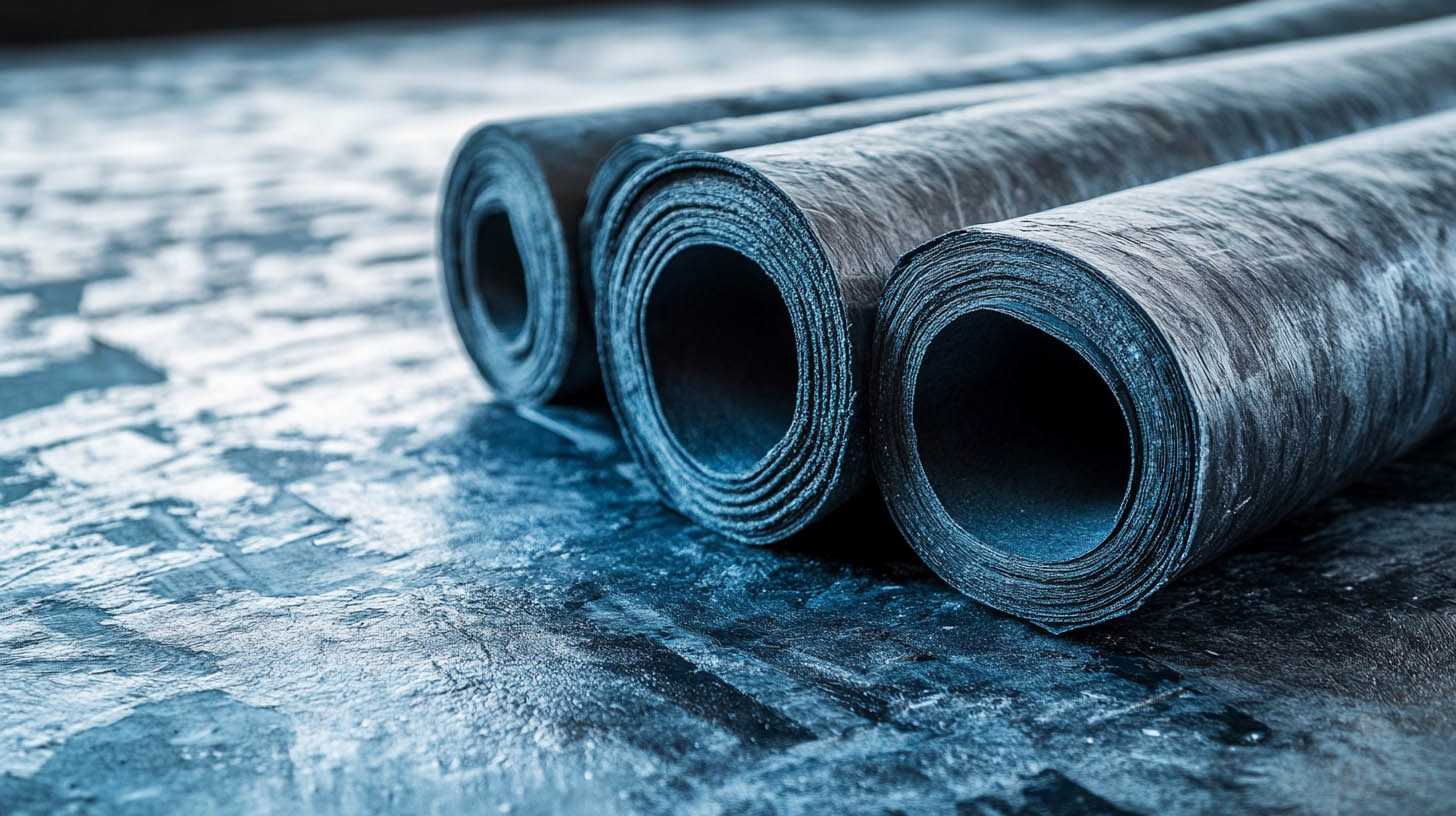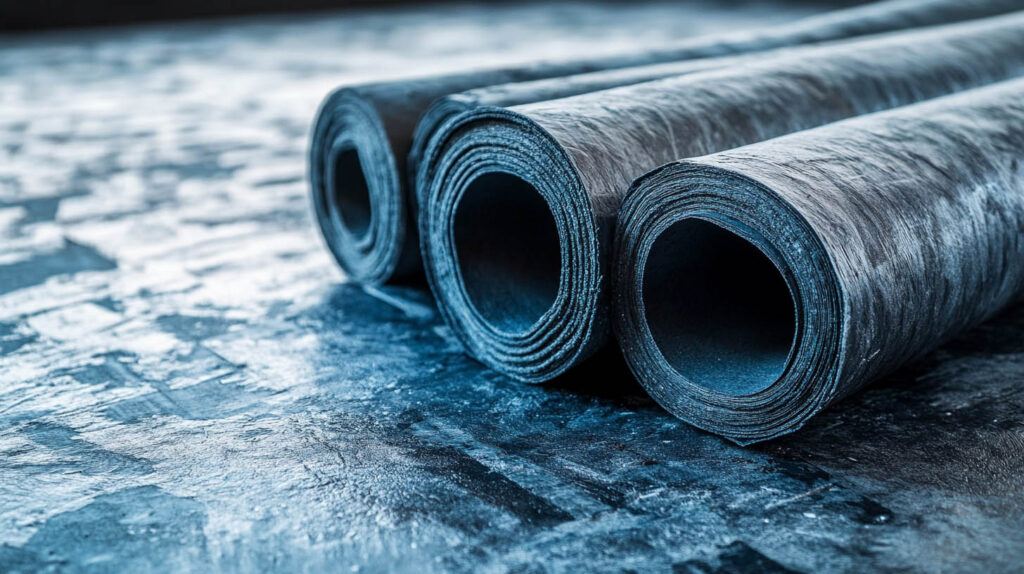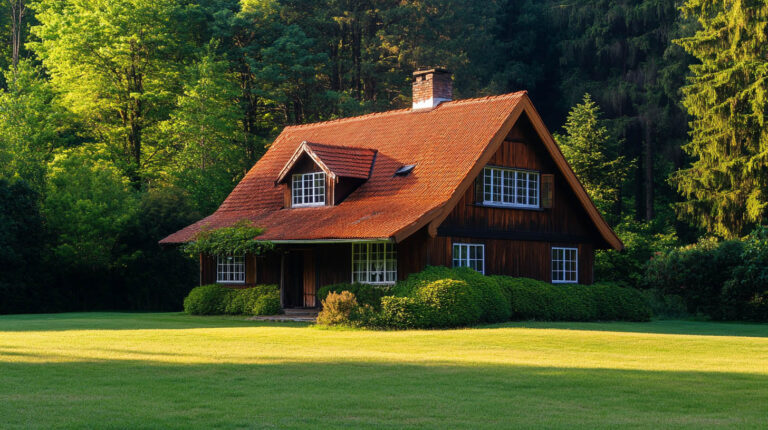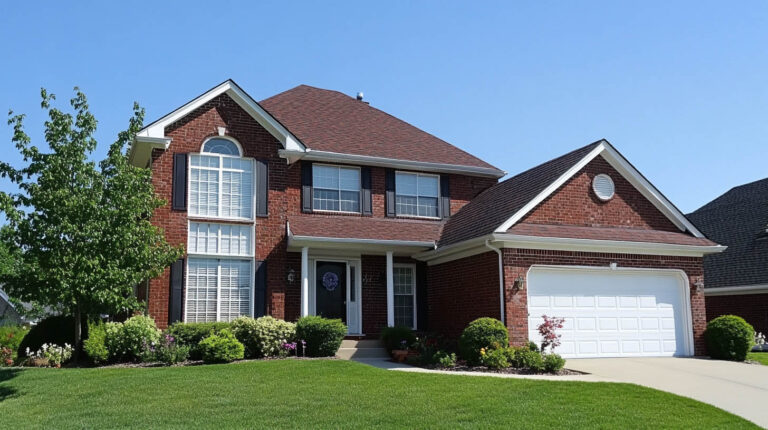
Blog
Roof Underlayments: Why They Matter for Your Jacksonville Home
A reliable roofing system protects your home from the elements, and underlayments play a critical role in this defense. Acting as the last line of protection against water infiltration, roof underlayments prevent moisture damage and enhance the longevity of your roof. Avenue Roofing, a trusted name in Jacksonville, offers expert guidance and installation services to ensure your roof remains resilient.

Types of Roof Underlayments
1. Felt Underlayment
Felt underlayment, also known as tar paper, is a traditional material made from asphalt-saturated paper or fiberglass mat. It is affordable, water-resistant, and suitable for various roofing systems.
- Advantages:
- Cost-effective
- Resistant to minor leaks
- Readily available
- Limitations:
- Susceptible to damage from prolonged sun exposure
- Heavier materials like slate or tile can strain the roof structure
- Unique Fact: Felt underlayments are graded as No.15 or No.30, with No.30 being thicker and more durable against harsh weather.
2. Synthetic Underlayment
Synthetic underlayments are made from polymers, offering enhanced durability and water resistance compared to felt. They are lightweight and easy to install, making them increasingly popular among homeowners.
- Advantages:
- Excellent water-shedding properties
- Resistant to warping or tearing
- Longer lifespan
- Limitations:
- Higher cost compared to felt
- Not as eco-friendly due to synthetic composition
3. Granular (Self-Adhered) Underlayment
Granular underlayment features a rubberized asphalt base with a fiberglass layer, designed to self-adhere to the roof deck. This option is durable and slip-resistant, making installation safer for contractors.
- Advantages:
- No nails or fasteners required
- Affordable and easy to install
- Strong resistance to water infiltration
- Limitations:
- Prone to softening in high temperatures
- Granules may loosen with prolonged sun exposure
Benefits of Roof Underlayments
- Enhanced Protection: Underlayments create a barrier against leaks, preventing water from reaching the roof deck.
- Increased Longevity: By reducing water and moisture damage, underlayments extend the lifespan of your roof.
- Versatility: Suitable for various roofing materials, including shingles, metal, and tiles.
Choosing the Right Underlayment for Your Home
Consider your home’s location, climate, and roofing material when selecting an underlayment. Synthetic options are ideal for areas with heavy rainfall, while granular underlayments work well in regions with fluctuating temperatures.
Conclusion
Roof underlayments are a vital component of any roofing system, providing an extra layer of defense against water damage. With the help of Avenue Roofing, you can choose and install the best underlayment to ensure long-lasting protection for your Jacksonville home.
FAQs
- Why is a roof underlayment necessary? It serves as a protective layer that prevents water from penetrating the roof deck, reducing the risk of leaks and structural damage.
- What type of underlayment is best for Jacksonville’s climate? Synthetic underlayments are ideal due to their superior water resistance and durability in humid conditions.
- Can underlayments be used with all roofing materials? Yes, underlayments are compatible with most roofing types, including shingles, metal, and tile.
If you want to read a blog about the benefits of gable roof systems in Jacksonville, click here.



